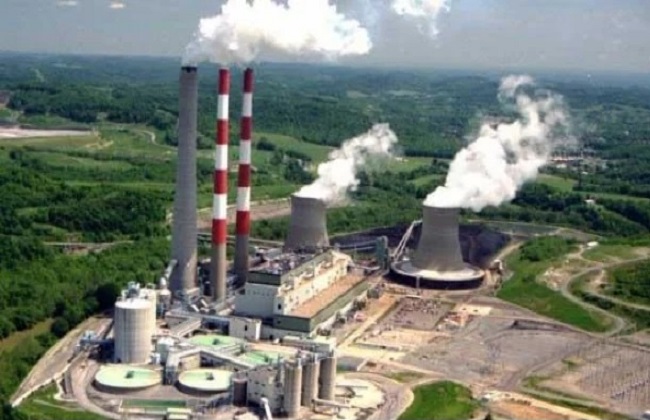
Despite a gas-supply crunch idling two dozen power plants, two private LNG-run power plants went into commercial production recently, while sources say that at least two more will follow suit in the coming months.
The two power plants will now be receiving capacity payments from the government — also known as “capacity charges” — regardless of whether they generate electricity.
Amid the already surplus generation capacity and limitations in power transmission infrastructure, energy experts warn that this will exacerbate the burden of capacity charges on consumers.
The government paid a total of around Tk 1.05 trillion as capacity payments to power plant owners up to August 2023, according to State Minister for Power, Energy and Mineral Resources Nasrul Hamid.
With the addition of new plants, sources say this amount is likely to burgeon further.
The latest addition to Bangladesh’s LNG-fired power sector is Summit’s Meghnaghat 589-megawatt (MW) plant, which achieved its commercial operation date (COD) and began commercial operations recently, according to a senior Petrobangla official.
The plant generated around 500 MW of electricity on May 13th (Monday), shows Bangladesh Power Development Board (BPDB) data.
Despite this addition, the country’s overall electricity generation during peak evening hours was around 15,019 MW against the total generation capacity of 26,354 MW, a senior BPDB official said.
The official was unable to specify the amount of capacity payment the BPDB would incur if it fails to purchase electricity from the newly built Meghnaghat plant.
Capacity payments are kind of penalties for the lone buyer of electricity from power plants — the BPDB. It pays to plant owners if the government fails to buy a certain portion of power readily available to them.
The government has long been paying capacity payments to various types of power plants, including those run by independent power producers (IPPs), as well as rental, quick-rental, oil-fired, and coal-fired facilities, said the BPDB official.
Incorporating LNG-fired plants into the capacity payment structure will further strain the BPDB’s already challenging financial situation, he added.
Summit’s 589 MW power plant is one of three LNG-fired plants in the private sector that received government approval several years ago to bypass competitive tenders under the Quick Enhancement of Electricity and Energy Supply (Special Provision) Act 2010.
Another power station, Unique Meghnaghat’s 584 MW power plant, began commercial operations earlier this year, although it did not generate electricity on May 13.
Adjacent to these plants in Narayanganj, a joint venture between India’s Reliance Power and Japan’s JERA has constructed the 718 MW Reliance-JERA Power Plant. This LNG-fired plant awaits its COD to begin generating electricity.
In public sector gas-fired power plants, construction of Rupsha power plant, owned by the North-West Power Generation Company Ltd (NWPGCL), is nearly 80 per cent complete. The first unit of this 800 MW plant is scheduled to start operating in September this year, according to a senior NWPGCL official.
The BPDB has power purchase agreements (PPAs) in place with all these LNG-fired power plants.
Sources said a power transmission bottleneck is currently preventing the BPDB from purchasing electricity from the newly built LNG-fired plants, despite their lower generation costs.
State-run Power Grid Company of Bangladesh (PGCB) could not complete construction of six substations, creating a bottleneck for evacuating electricity generated by the new plants, they said.
These substations are unlikely to be ready before December, meaning several other near-operational LNG-fired plants will be unable to run even after obtaining their CODs.
As a consequence, the BPDB will likely incur additional costs in the form of capacity payments, added the sources.
Contacted for comment, energy advisor of the Consumers Association of Bangladesh (CAB) Professor M Shamsul Alam called for the immediate cancellation of power purchase agreements that have exceeded their terms.
He argued that private sector power plant owners have already profited largely from their investments, as most have received extensions on their plants.
“We don’t need too many power plants to incur hefty capacity payments every year,” he added.
Energy expert Professor Mohammad Tamim accused a vested interest group of inflating electricity demand forecasts.
This inflated demand, according to Professor Tamim, a former special assistant to a caretaker government, led to the installation of more power plants than necessary, resulting in huge capacity payments.

